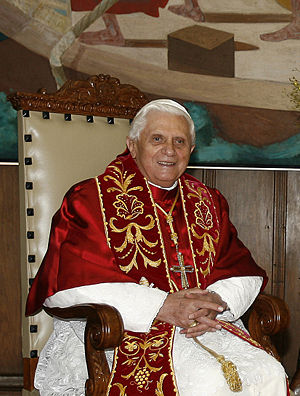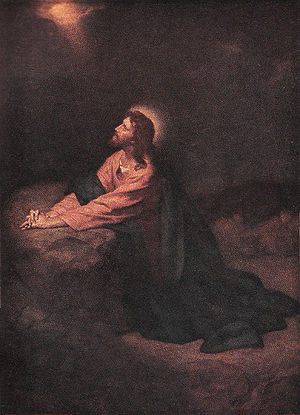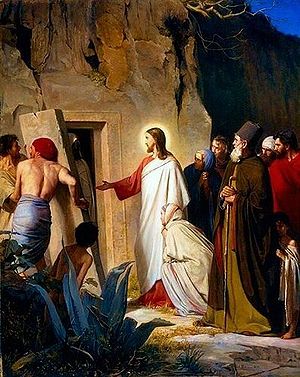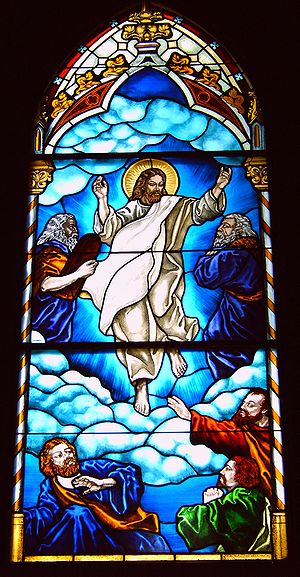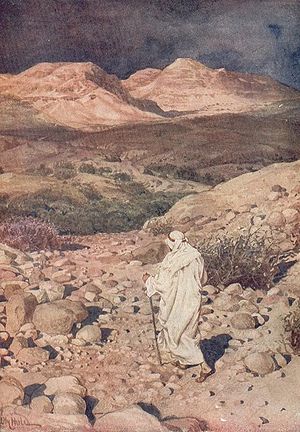For many of us, September means the start of a new school year. And perhaps one of the largest transitions students face is going off to college. I know this is “so last month” for those on the semester system, but I was a quarter system guy when I was in school. Regardless of whether you are just moving in for orientation or are a few short months away from graduation, I want to share this article I came across in the Catholic San Francisco and how it relates to the First Sorrowful Mystery of the rosary.
The article is the Beatitudes for College Students and it outlines eight smart tips for thriving in college. Some of them like staying away from drugs and going to class are just part of being a good student and a responsible adult. But other ones like making sure you attend Mass, pray regularly, and keep in touch with family are often swept aside in pursuit of higher education. While many people may do well on the academic, social, and career fronts, some often stumble spiritually during their college years. For those who do fall away, hopefully it is just a temporary bump in the road. But unfortunately, many become spiritually derailed in college. We should pray for all of those in college as many schools (even Catholic ones) have become extremely hostile environments for practicing religion and spirituality.
One of the college student beatitudes is “Blessed are students who pray about and think through important decisions.” People make very important decisions during their college years. They must decide what to study, how to support themselves after graduation, where to live, how to manage finances, who will be their friends (or possibly spouse), and just how manage life as a responsible adult. Furthermore, college is often a time to decide how much of a priority you will make living according to your faith and values. For example, as many students find themselves living away from home for the first time, the question arises on whether to continue praying or attending Mass. Often, we come to these decisions after consulting with friends, professors, family, and counselors. We read articles, attend lectures, and try to research these life-altering decisions as best we can. And yet we often forget to ask God for guidance by praying. This not only applies to college students, but all of us. Do you pray earnestly and listen to God before making large decisions?
We should remember the First Sorrowful Mystery where Jesus prayed in the garden of Gethsemane. Jesus prayed so hard to God on the eve of His death that He started sweating blood. He begged God to find another way to redeem us other than crucifixion. Ultimately, crucifixion was God’s will and Jesus followed it faithfully. But Jesus’ prayers were answered in that God gave Him strength to endure crucifixion and peace knowing that through His death and resurrection He would ultimately open the gates of Heaven and give us the opportunity for eternal joy and happiness.
And so college students can learn a lot from Jesus’ example of praying earnestly when facing big decisions. God does have a plan for each one of us but we have to listen carefully through prayer. We must be particularly vigilant in those times when it seems like God does not answer our prayers. Perhaps He did but in a different way than what we were expecting. Sometimes, instead of removing obstacles in our lives, God gives us the strength to overcome them.
College saddles students with many questions and decisions. For those starting college, take time to reflect on what people are of good quality and what activities will ultimately make you a better person (hint: it’s not drinking and partying). For those in the middle of their college years, ask God for guidance before declaring a major. And for those in the final years of school, consider praying for insight on how you will spend the rest of you life after you get that diploma. And important decisions don’t end after graduation. Your will need to make decisions your entire life whether it be about work, family, finances, and politics. You will have challenges but don’t think you’re alone in facing them. God is always one prayer away and will always lead you in making the right decision if you listen to Him.
Related articles
- No Cross Too Heavy with God’s Love (rosarymeds.com)
- Keeping Catholic at College (catholic.net)
- College Students Discuss Their Biggest Decisions: Time to Make a Switch? (education.com)
- Learning to Pray – Jesus Style (tuscaloosaanglicans.wordpress.com)
- Triumph of the Cross (deaconjohnspace.wordpress.com)


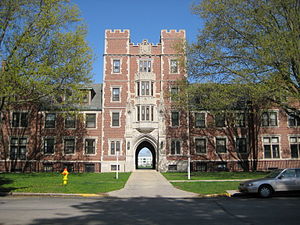
 The bishops’ words remind me of the Second Joyful Mystery of the rosary. Remember, in the Bible immediately after the
The bishops’ words remind me of the Second Joyful Mystery of the rosary. Remember, in the Bible immediately after the 
